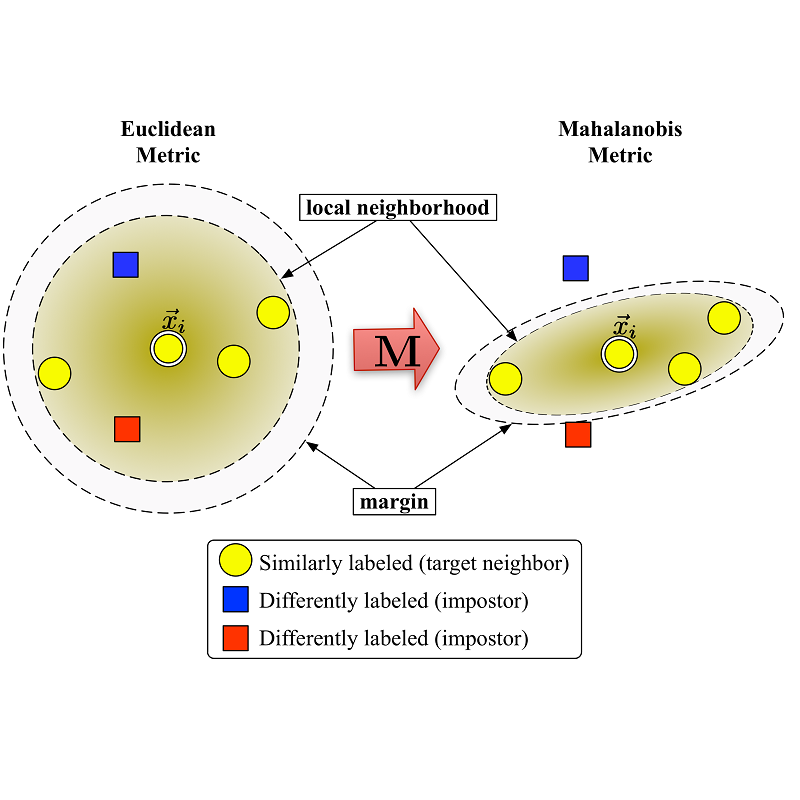Among various supervised deep metric learning methods proxy-based approaches have achieved high retrieval accuracies. Proxies, which are class-representative points in an embedding space, receive updates based on proxy-sample similarities in a similar manner to sample representations. In existing methods, a relatively small number of samples can produce large gradient magnitudes (ie, hard samples), and a relatively large number of samples can produce small gradient magnitudes (ie, easy samples); these can play a major part in updates. Assuming that acquiring too much sensitivity to such extreme sets of samples would deteriorate the generalizability of a method, we propose a novel proxy-based method called Informative Sample-Aware Proxy (Proxy-ISA), which directly modifies a gradient weighting factor for each sample using a scheduled threshold function, so that the model is more sensitive to the informative samples. Extensive experiments on the CUB-200-2011, Cars-196, Stanford Online Products and In-shop Clothes Retrieval datasets demonstrate the superiority of Proxy-ISA compared with the state-of-the-art methods.
翻译:在各种受监督的深层次衡量学习方法中,代用方法实现了很高的检索精度;作为嵌入空间中具有代表性的等级代表点,以与样本展示类似的方式,根据代理样本的相似性获得更新;在现行方法中,相对较少的样本可以产生巨大的梯度数量(如硬样品),而相对较少的样本可以产生小的梯度数量(如,简单样品);这些样本可以在更新中发挥重要作用;假设对此类极端样品的敏感度过大会使一种方法的通用性恶化,我们提议一种新型的代用方法,称为“普罗克斯-考尔样品代理(Proxy-ISA)”,这种方法直接修改每个样本使用预定阈值的梯度加权系数,使模型对信息样本更加敏感;对CUB-200-2011、Cars-196、斯坦福在线产品和In-Shod Clothes Retrerival数据集进行的广泛实验,表明Proxy-ISA相对于最新方法的优越性。



